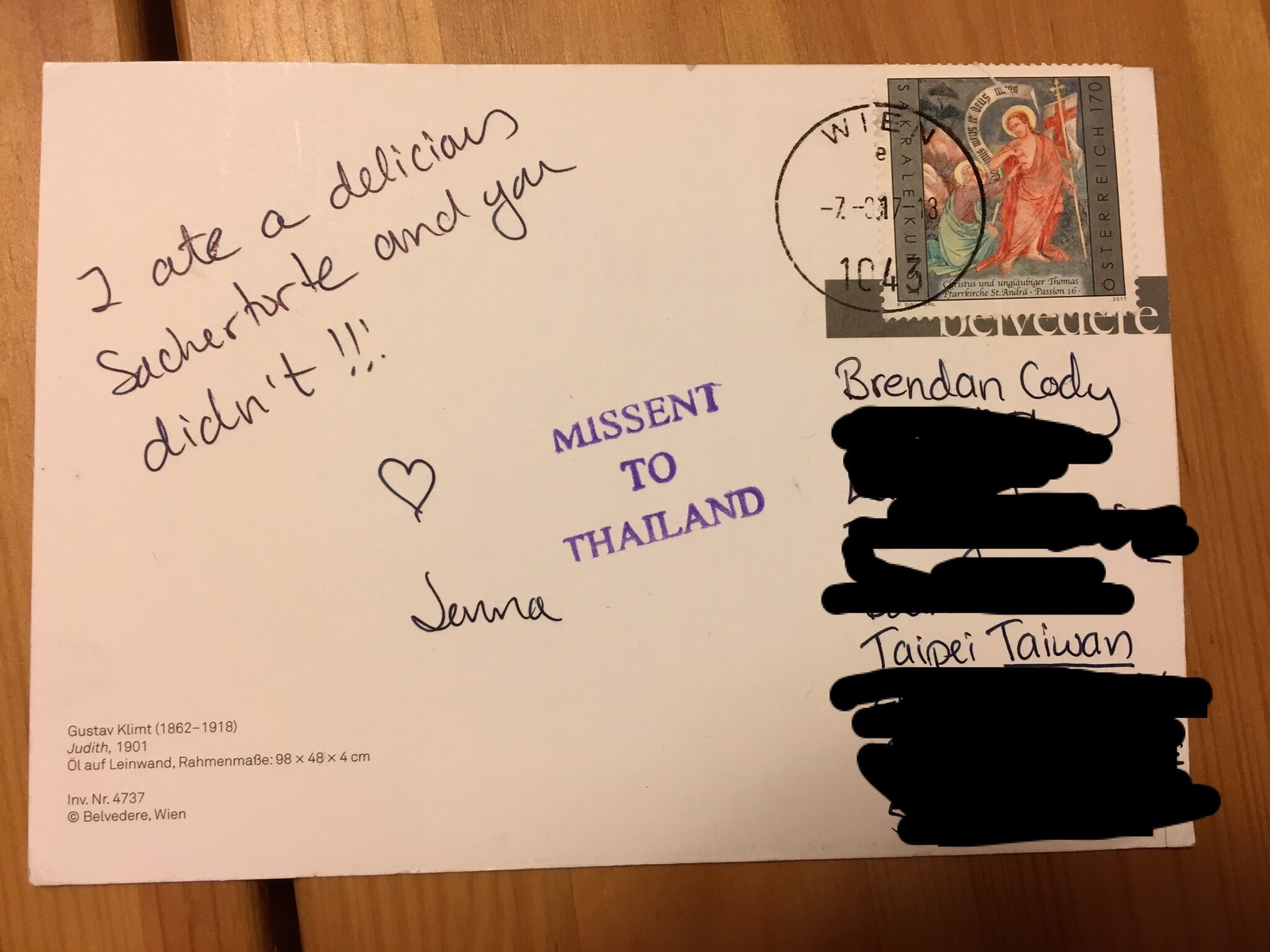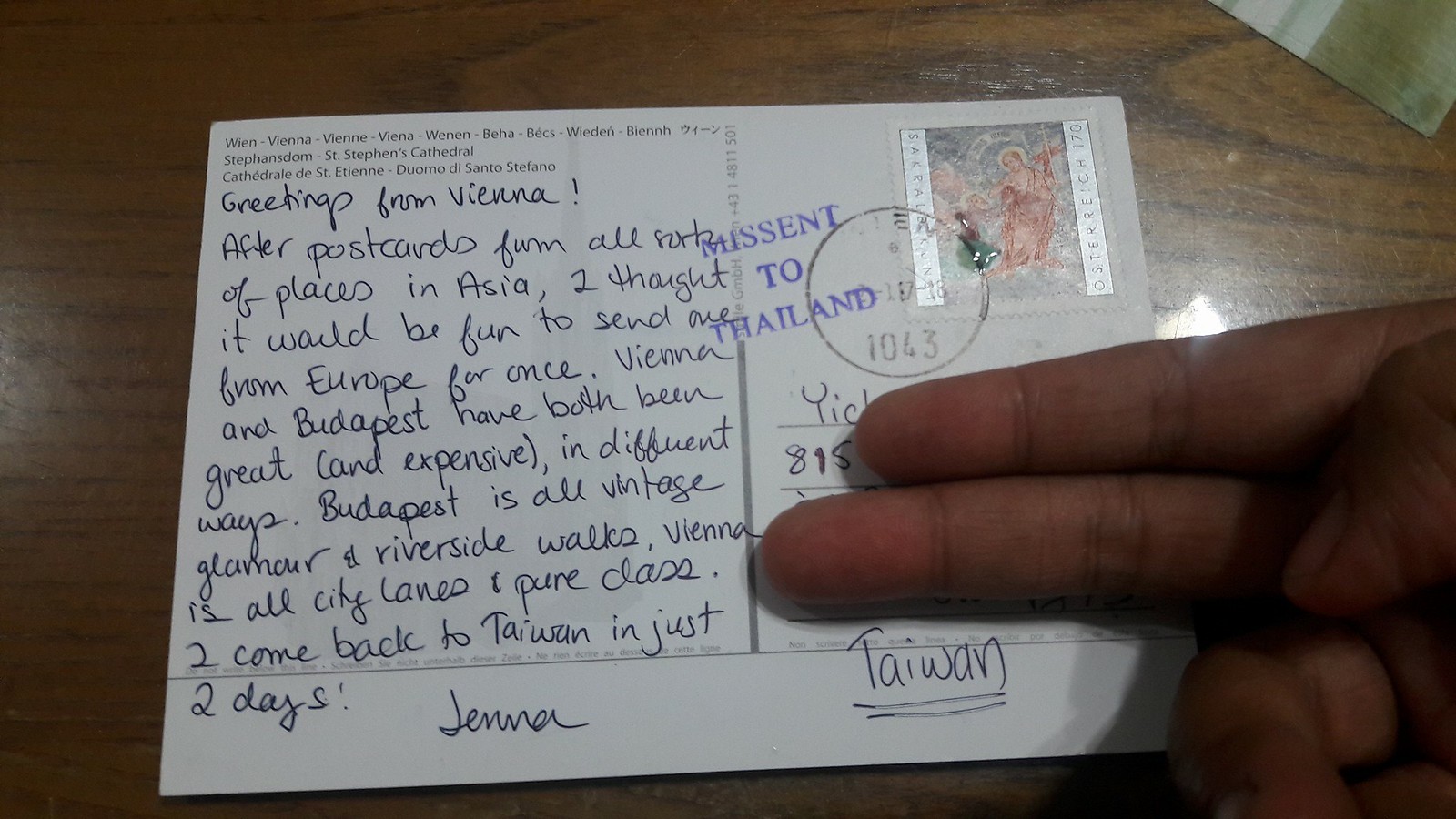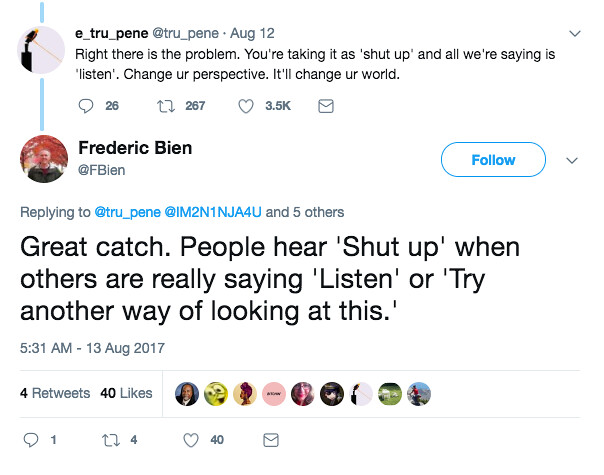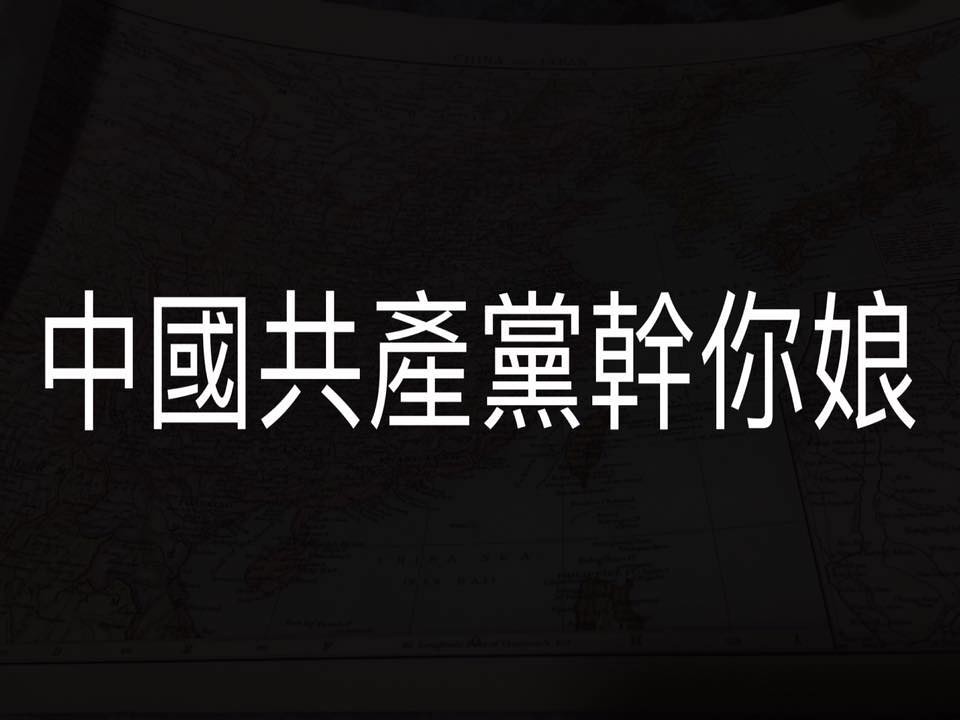 |
| The former president |
Right, this guy.
Remember him? (The one in the middle, before he started to look like a white decorative gourd).
“After the DPP gained control of both the executive and legislative branches of government, it has completely transformed into a fascist regime. As the party in power, it has been persecuting the opposition and making the public foot its bills,” Ma said.
lol*
No, like, seriously lol.
How much of a jag-off do you have to be to not see the hypocrisy of this statement?
This guy, apparently.
Yeah, this guy.
That's the one.
Uh-huh.
The one who pays tearful homages to a former dictator as though he were a great man.
The guy who worked for actual literal no-exaggeration dictators, who now acts like they worked tirelessly in service to Taiwan, who cultivated an image of being squeaky clean while being corrupt the whole time, the one who used his tenure as president to ram all sorts of garbage through the legislature and then lose his temper like a big fat baby when the people stood up and said "enough". The one accused of working professionally to report on opponents of the Chiang dictatorship while a student at Harvard. The one who, despite knowing full well the horrors Taiwan has experienced at the hands of the KMT, talked about the "moral principles" of the party that have guided them "for the past 120 years". As though most of those years were not spent as a brutal dictatorship helmed by a murderous despot.
Sure, whatever, okay bro.
What I can't get over is that in 2012 the voters chose him for re-election over now-president Tsai. I think it might have been on account of his having a penis, but also the tendency of Taiwan to re-elect its leaders and choose the seemingly safest way forward in terms of who they put into the highest office had something to do with it.
Four years later they were all "oops sorry lol the nerdy lady was better after all" and elected her, and the guy everyone now hates for acting quite literally like a minor warlord in a feudal society is bitching about her being the problem?
And this ostensibly not-as-bad-a-guy agreed with him, for some fucking reason:
KMT Legislator and former legislative speaker Wang Jin-pyng (王金平) read a statement with other KMT lawmakers at his side.
“It is essential for a democracy to practice the separation of powers and democratic principles. The Legislative Yuan is the Republic of China’s national assembly, not the Executive Yuan’s lawmaking bureau,” he read.
Dude. DUDE. The former president, who is in the same party as you, literally violated that exact principle vis-a-vis you by trying to oust you as speaker for being insufficiently obedient to his demands.
And he didn't even succeed because he's just that impotent.
And you are saying that Tsai is not practicing separation of powers between the legislature and executive?
I mean...
...lol?
Like, how do you not lol at that?
Anyway it's interesting that now that they are the opposition, suddenly the party of (formerly) actual literal fascism who opened new boundaries when it came to subverting democracy is whining and crying like little babies about the party the people elected to replace them being "fascists" and has suddenly cultivated a deep love and reverence for democracy, all because they're not happy that the party currently in power is acting within the law in a way they happen not to like. The same party that stole left and right from the country and is now blubbering because they've been told they have to give it all back.
All I can say is that I don't know why I still loathe Ma to such an irrational degree, even now, but it might have something to do with his continued garbaging up of Taiwanese public discourse with this trash nonsense. He just can't take a hint that everybody sees through his melty waxen face mask to the cold dead eyes inside, and knows him now for the weasel he is.
Dude. DUDE. The former president, who is in the same party as you, literally violated that exact principle vis-a-vis you by trying to oust you as speaker for being insufficiently obedient to his demands.
And he didn't even succeed because he's just that impotent.
And you are saying that Tsai is not practicing separation of powers between the legislature and executive?
I mean...
...lol?
Like, how do you not lol at that?
Anyway it's interesting that now that they are the opposition, suddenly the party of (formerly) actual literal fascism who opened new boundaries when it came to subverting democracy is whining and crying like little babies about the party the people elected to replace them being "fascists" and has suddenly cultivated a deep love and reverence for democracy, all because they're not happy that the party currently in power is acting within the law in a way they happen not to like. The same party that stole left and right from the country and is now blubbering because they've been told they have to give it all back.
All I can say is that I don't know why I still loathe Ma to such an irrational degree, even now, but it might have something to do with his continued garbaging up of Taiwanese public discourse with this trash nonsense. He just can't take a hint that everybody sees through his melty waxen face mask to the cold dead eyes inside, and knows him now for the weasel he is.
Shut up, Ma Ying-jiu. Go home, nobody likes you and nobody wants to hear your garbage.
*unconfirmed, but who even cares




